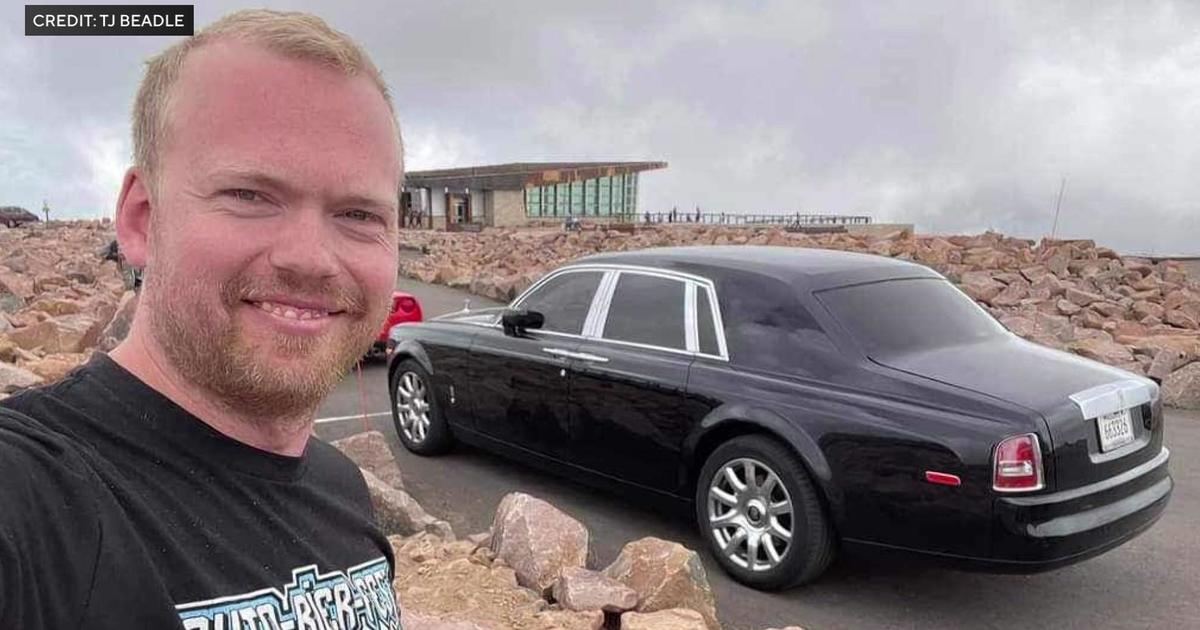Dayton And Lawmakers Refocus Budget Fight On Education
ST. PAUL, Minn. (WCCO) — With the location of a special session sorted, Gov. Mark Dayton and legislative leaders zeroed in on a budget impasse Wednesday that touches several areas of state government but hinges mostly on the state's public schools budget.
After several budget bills met Dayton's veto pen, lawmakers have to hash out new deals on environment and agricultural funding plus an economic development budget. But public school funding — and the statewide preschool programs Dayton is after — was the big-ticket item as House Republican Speaker Kurt Daudt and the Democratic governor wrapped up the latest round of private talks Wednesday evening.
Time is winding down to nail down agreements on the final budget pieces before funding dries up after June 30, the end of the fiscal year. Once a compromise is in place, Dayton says he'll call lawmakers back to the State Office Building, a complex adjacent to the Capitol where construction crews are in the midst of heavy renovations.
Dayton and Daudt were short on details after nearly two hours of private negotiations Wednesday, pledging some progress on bills that would fund agricultural programs and the environment as well a budget for economic development and energy. Both leaders said reaching an agreement in time for a special session next week remained a possibility.
"We narrowed it down," Dayton said.
But Dayton said his fight for statewide preschool funding remained a significant challenge with House Republicans, who favor adding more money to the state's per pupil funding formula. A public relations battle over whose approach to education would work best is underway.
Dayton has visited multiple schools and his office sends out near-daily messages about the value of a robust new program to prepare 4-year-olds for kindergarten and beyond and tackle a yawning achievement gap.
Earlier Wednesday, Daudt and top House Republicans met privately with former Federal Reserve economist Art Rolnick, who has extensively studied the payoff from early childhood education. Rolnick advocates for investing more heavily in existing need-based scholarships for children from at-risk backgrounds and starting them in quality programs sooner than the governor suggests.
"Starting at 4 is too late. Four-year-olds need more of a dosage. We need at least 3 and 4," Rolnick said. "If you just focus on four and focus on all kids, once you get to families making more than $100,000 or $125,000 there's little return there."
Daudt said Minnesota needs to follow the research if it's making a big new early education push.
"I don't want to make an investment into a program that doesn't have research that backs up results," the speaker said.
Away from the bigger rift, lawmakers also are under pressure to satisfy Dayton concerns about policy and spending items in smaller bills. One of them is a grant program aimed at bringing high-speed broadband to rural communities. The governor asked for $30 million; lawmakers approved $10.6 million, with $2 million of that earmarked for one project.
Sen. Matt Schmit, DFL-Red Wing, said he hopes the negotiations push up the available funding.
"We've got the projects out there. We've got a lot of people who could use the infrastructure improvements," he said. "It's just a matter of the Legislature coming up with the money."
Failure to reach a deal by July 1 would mean a third shutdown in a decade, but round three would have a smaller impact than the wide-ranging shutdown in 2011, when lawmakers had to tackle the entire budget in a special session.
This time around, some 10,000 employees at departments handling education, environment and economic development would be laid off. A shutdown could hinder summer vacation plans as some state parks may be closed and others stop accepting reservations or granting permits. Some services deemed essential by a judge could continue even without funding.
Senate Majority Leader Tom Bakk, a Cook Democrat, is mostly on the sidelines as Daudt and Dayton meet in private. Though the timing of a special session hinges on that agreement, Bakk said Wednesday he's confident another government shutdown is not in the cards this year.
"No one has talked about going past June 15, actually," he said.
(© Copyright 2015 The Associated Press. All Rights Reserved. This material may not be published, broadcast, rewritten or redistributed.)



